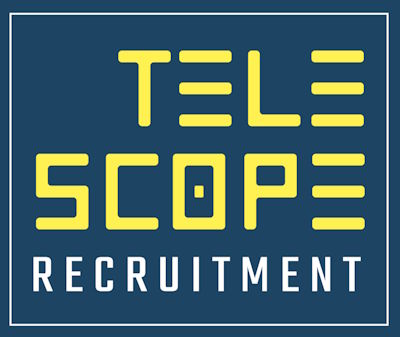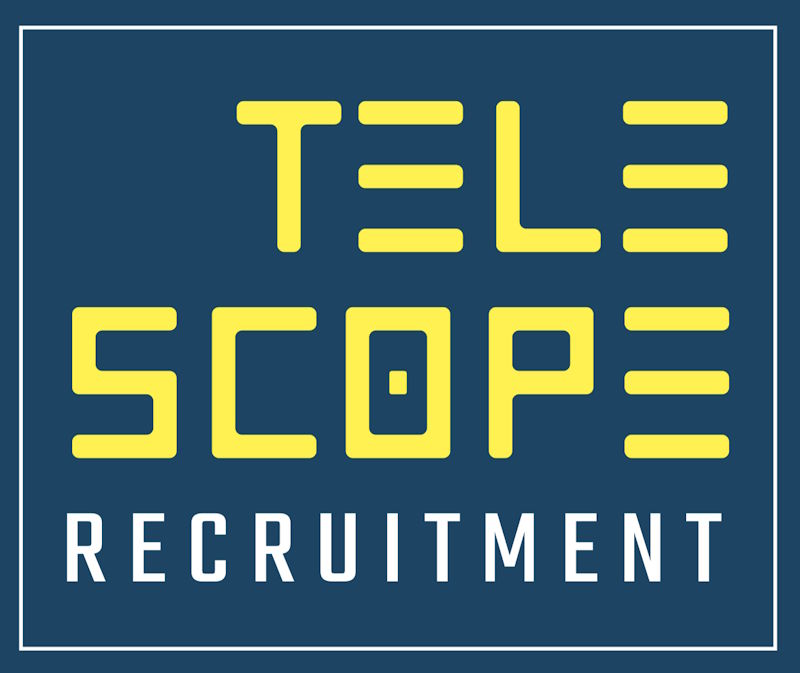In the intricate world of recruitment, understanding the dynamics of the employer market versus the candidate market is pivotal for both job seekers and hiring entities. These two distinct markets shape the landscape of employment, influencing hiring strategies, negotiation power, and overall job market health.
The employer market refers to a scenario where companies hold a dominant position in the hiring process. In such a market, job opportunities often outnumber the available candidates, giving employers the upper hand in negotiations. With a surplus of positions to fill and a limited pool of qualified applicants, companies can afford to be selective, seeking the most qualified and suitable candidates for their needs.
Conversely, the candidate market arises when skilled individuals are in high demand, creating a scenario where job seekers have the advantage. This market dynamic is characterized by a scarcity of qualified talent and an abundance of job opportunities. In a candidate market, prospective employees can be more selective about the positions they pursue, leveraging multiple offers to secure better compensation, benefits, and working conditions.
The employer market and the candidate market are cyclical and can be influenced by various factors such as economic conditions, industry trends, and technological advancements. During economic downturns, for example, the job market may shift towards an employer-centric model as companies become more selective due to financial constraints. Conversely, economic upturns often result in a candidate market, as companies expand and competition for skilled workers intensifies.
In an employer market, employers may have the luxury of implementing rigorous hiring processes, setting specific qualifications, and even offering lower compensation packages. On the other hand, a candidate market compels employers to be more competitive in their offerings, including salary, benefits, professional development opportunities, and workplace culture. Job seekers, in turn, can negotiate more favorable terms and choose employers that align with their values and career aspirations.
Navigating these markets requires a strategic approach from both employers and candidates. In an employer market, businesses must focus on employer branding, creating attractive work environments, and offering competitive compensation to attract and retain top talent. In a candidate market, companies need to differentiate themselves to stand out as desirable employers and foster positive candidate experiences throughout the recruitment process.
For job seekers, understanding the market dynamics is crucial for setting realistic expectations, negotiating effectively, and making informed career decisions. In an employer market, emphasis should be placed on skill development, networking, and showcasing unique qualities to stand out among the competition. In a candidate market, individuals can capitalize on their in-demand skills and explore diverse opportunities to find the best fit for their professional growth.
In conclusion, comprehending the nuances between the employer market and the candidate market is essential for creating a harmonious and efficient job market. Whether you’re a hiring manager looking to attract top talent or a job seeker exploring career options, staying attuned to these market dynamics can be the key to success in the ever-evolving world of employment.
Partnering with Telescope Recruitment means embracing a visionary approach that illuminates your path to success. Together, we will reach new heights and create constellations of success that shine brightly in the cosmic realm of recruitment. Join us today and experience the difference we can make for your organization or career.





